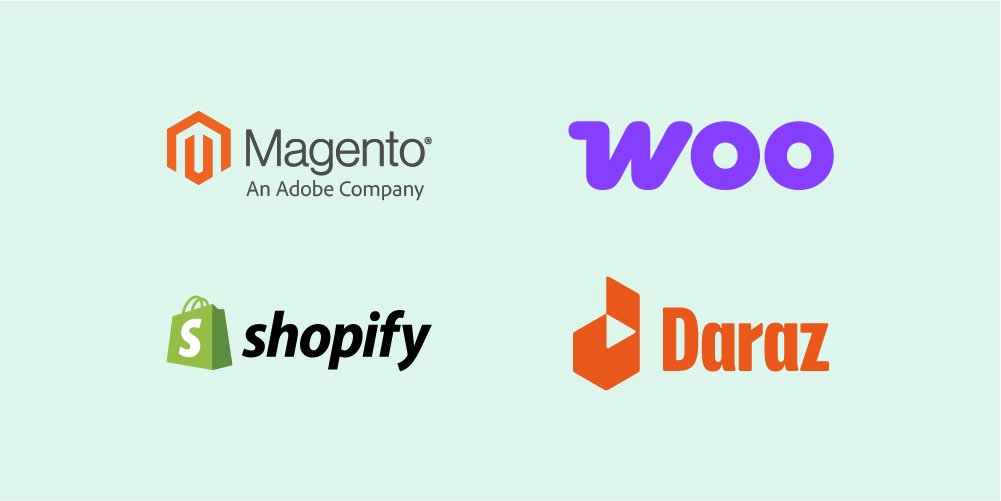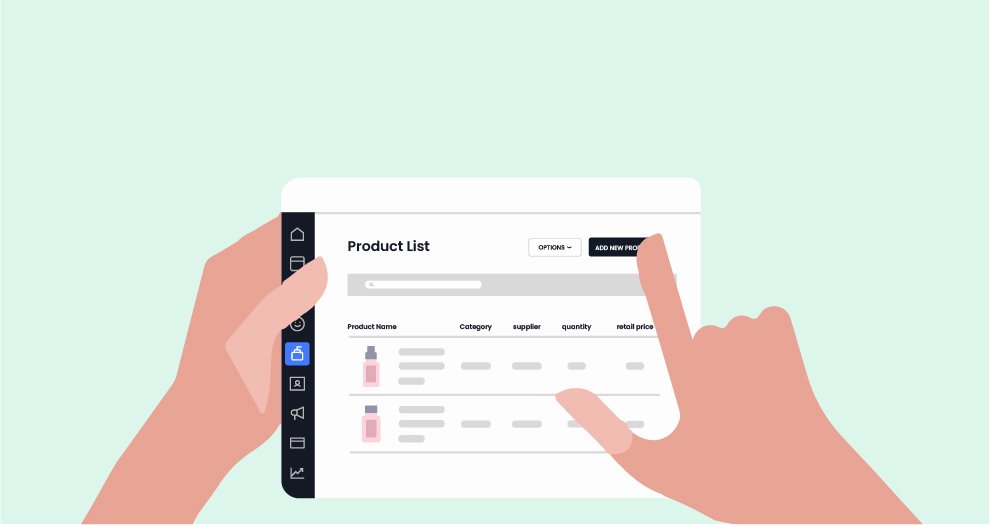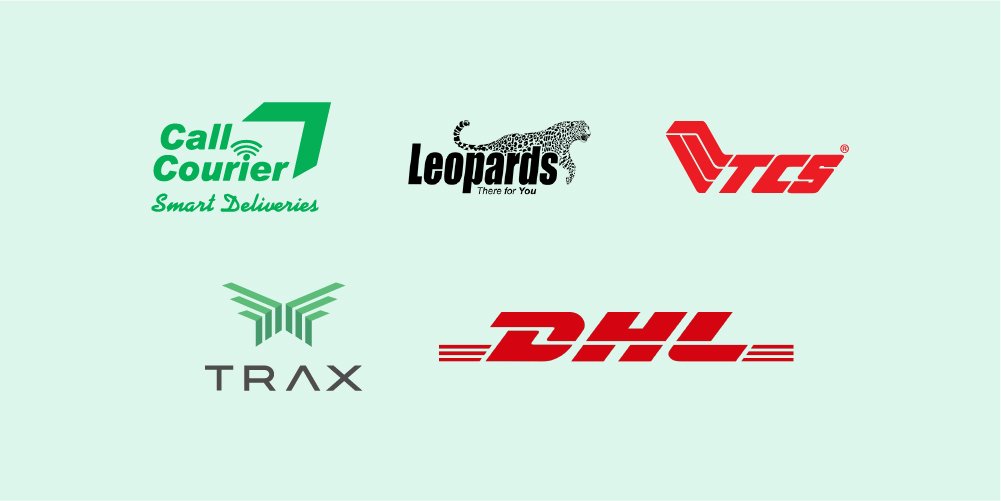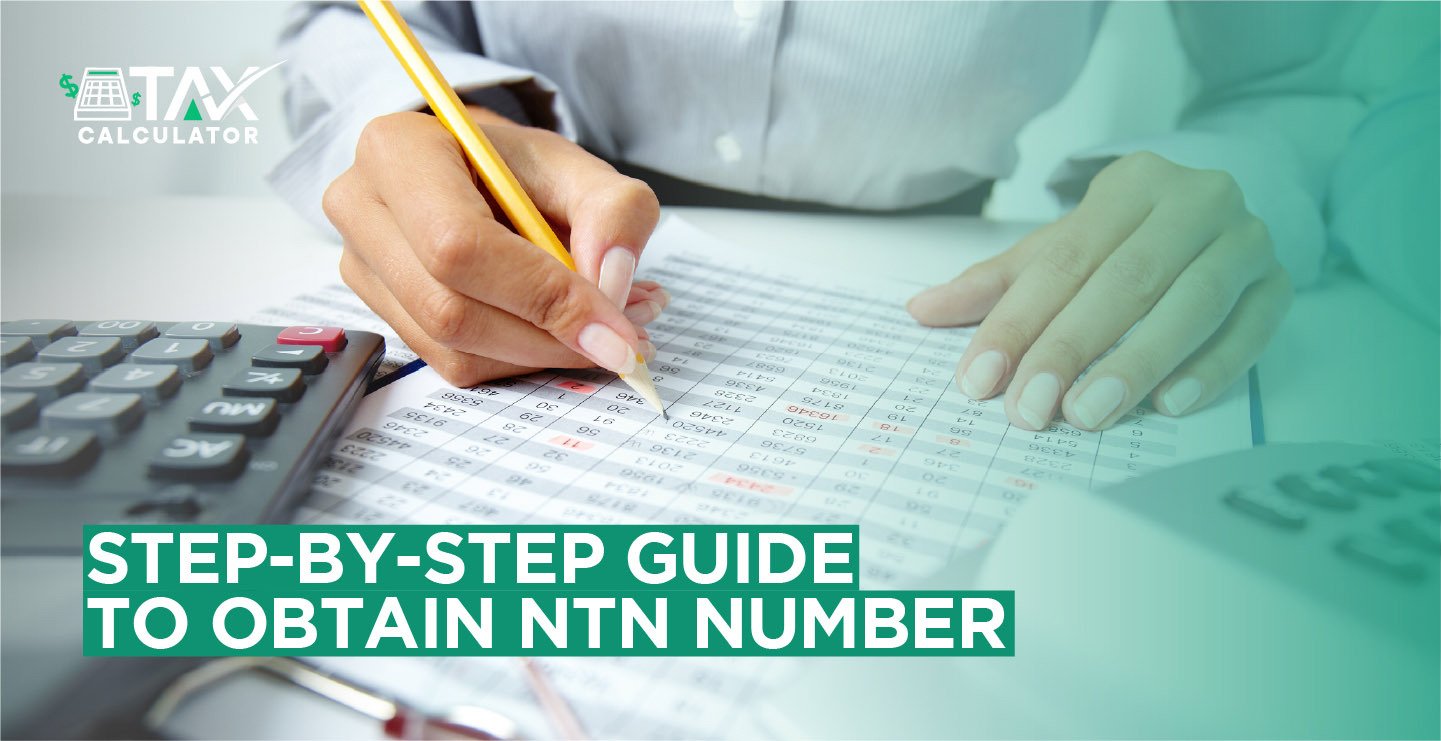In recent years, Pakistan’s e-commerce sector has experienced remarkable growth, giving entrepreneurs some attractive opportunities in the digital marketplace.
According to ECDB “Pakistan is the 50th largest market for eCommerce with a predicted revenue of US$3,727.3 million by 2025, placing it ahead of Iran.”
With more people shopping online and using digital payments, it’s a great time to take your business idea and bring it to life on the internet. No matter if you are planning to sell clothes, gadgets, handmade stuff, or even offer services, there is a lot of opportunity out there.
But e-commerce business is not just about setting up a website and waiting for orders to roll in. There are some important things you need to know before jumping in. From figuring out which products are in demand, to registering your business legally in Pakistan, to choosing the right payment methods (yes, people still love cash on delivery here!), each step matters.
In this guide, we’ll talk about the basics of how to start an eCommerce business in Pakistan, what legal requirements you should keep in mind, and how you can make sure your online store actually attracts customers.
Growing eCommerce Trends in Pakistan in 2025
The COVID-19 pandemic pushed the shift of online shopping forward, but even after life returned to normal, online shopping has continued to grow. The market has changed a lot over the last few years, and 2025 is bringing some clear trends in Pakistan that new and existing businesses need to pay attention to.
- Online shopping is not just the trend in major cities like Karachi, Lahore, and Islamabad anymore. People from smaller cities and towns are also buying more online.
- In Pakistan, most people access the internet through their mobile phones. That means your online store needs to work perfectly on features like fast loading, easy to navigate, and simple checkout.
- Cash on Delivery has been the go-to option for years, and it’s still popular. But things are shifting now. More people are using Easypaisa, JazzCash, and even bank cards to make payments.
- Many businesses are making direct sales through social media platforms without even having a website. If you are active on social media platforms like Facebook, Instagram, TikTok, you can build trust and make sales right where people hang out.
- Customers don’t want to wait for weeks and expect quick deliveries now. Businesses that partner with reliable courier services and offer same-day or next-day delivery in major cities have a big advantage.
- People are looking for unique, specialized items like organic skincare, handmade crafts, fitness gear, or eco-friendly products.
- Pakistani shoppers are getting smarter. They check reviews, ask questions, and expect good customer service. If you want to succeed in 2025, focus on building trust.
Right now, Pakistan’s eCommerce market is estimated to be worth billions of rupees annually and it’s not slowing down. Both local and international players are expanding their operations here. But what’s interesting is how much space there still is for small businesses, niche products, and independent sellers.

Step-by-Step Guide to Start a Successful eCommerce Business in Pakistan
If you are serious about starting your own eCommerce business in Pakistan, it’s important to follow the right steps from the beginning.
1. Choose the Right Product

The first step of starting an eCommerce business in Pakistan is to find the right product. A good product fulfills the demands of your intended market and gives you a competitive advantage. A common rule of thumb for a good product is “Less Competition, High Demand”.
Here is how you can identify the best products for your eCommerce business in Pakistan.
- Identify trends and Customer Preferences: Keep yourself updated on the current trends in the Pakistani market. Read industry news, visit trade shows, and observe social media discussions to identify trends and customer preferences. The findings will help you in identifying the niche and product category in which strong demands exist.
- Analyze the Competition: Once you have the product, you can go out and seek competitors. Do extensive research on local and global competitors to know their best-sellers, prices, strengths, and weaknesses. a complete analysis will show you your potential opportunities, and the product where you should focus on more, and the ways to market it.
- Evaluate Profitability: Find out the acquisition/manufacturing cost, shipping costs, taxes, stocking cost, etc., to evaluate profit margins. Strive for profitable products with comfortable profit margins and leave some elbow room for advertising costs and other operational expenses.
- Test Your Product: Never invest fully behind a product without running smaller tests on its market demands and expected profitability. Campaign through either Facebook marketplace or OLX to sell off a few units and collect reviews from customers. This process will help you refine product selection and identify potential issues before you deeply invest in them.
2. Find Reliable Product Manufacturers/Sources

Sourcing products from reliable sellers is another important aspect. Reliable sources produce quality products and deliver them timely, fostering positive customer satisfaction, brand reputation, and profitability. Here are some common sourcing options that businesses use.
Local Manufacturers and Wholesalers
Working with local manufacturers and wholesalers in Pakistan is an excellent way to source quality products quickly. In addition, it will save shipping costs while at the same time supporting local businesses and building relationships with suppliers.
- Search for local suppliers based on the quality, pricing, and availability of the product.
- Negotiate good payment terms, minimum order quantities, and return policy.
Importing Products from International Suppliers
Platforms like Alibaba are very popular for importing products. The platform gives direct access to a wide range of items at favorable rates, but you have to deal with paperwork, higher shipping costs, import duties, and longer lead times.
- AliExpress, Alibaba, and DHgate are some platforms that can connect with reliable international suppliers.
- Thoroughly evaluate the seller; Check their reviews, track records, and certifications; if possible, contact their customers to authenticate their services.
- Understand import regulations and tariffs in Pakistan to avoid legal issues and unexpected costs.
Dropshipping
Dropshipping is an ideal model for entrepreneurs with lower capital. Here, you do not hold any inventory, but place an order with a third party supplier who ships the products directly to the customer.
This option spares you the trouble of inventory holding and reduces inventory management risks. However, this process involves losing some degree of control over the quality control process and shopping process, which may impact customer satisfaction. To keep the control:
- Research reliable dropshipping suppliers
- Ensure the supplier properly packages quality products and delivers them timely
Handmade and Unique Products
Handmade or unique products can help you stand out in the diverse eCommerce market. You can create these products or source them from local artists and craftsmen. The products are a little hard to sell, but they can produce good business once you get a hold of the market.
- Identify the product’s unique selling proposition (USP) and market them properly.
- Collaborate with local artists or invest in quality production to source one-of-a-kind products.
- Make sure the quality is consistent, and develop SOPs and quality control policies, this will increase repeat orders and build trust.
3. Select a Business Name and Register Your Business

Once you finalize the basic organizational structure of your business and choose specific products and reliable sources, the next step is to consider a brand name. Your brand name needs to be catchy, memorable, easy to pronounce, and one of a kind. Additionally, it must define the nature of your business and leave space to expand.
After the name selection, finalize the logo, post templates, tagline, brand colors, to present yourself professionally. And after all these entities, now is the time to register your eCommerce business in Pakistan following the legal steps.
- Register Your Business with SECP: The first step is to register your business officially. In Pakistan, depending on your business size and structure, you can register as a sole proprietor, partnership, or private limited company.
- Obtain the National Tax Number (NTN) for tax filing: This step is for tax registration and compliance, allowing your business to legally operate and benefit from tax-related services. You can acquire the NTN from FBR’s official IRIS portal.
- Follow Import Rules: Understand all the customs rules and duties you might have to pay depending on the country from where you source the products.
- Choose a Compliant Payment System: The payment gateway should follow Pakistan’s banking rules to make your payment secure and meet local regulations.
4. Choose the eCommerce Platform that Works Best in Pakistan

ECommerce website is the backbone of the online businesses in Pakistan. Such a website is created with the help of a content management system (CMS). An excellent CMS or eCommerce platform ensures proper functioning, scalability, and customer satisfaction.
Consider the following factors when choosing an eCommerce platform.
- Must support local currencies, languages, and payment methods to cater to the Pakistani buyers.
- The platform must support growing traffic, orders, and product listings.
- Must be user-friendly and easy for you and your clients to navigate.
- The eCommerce platform must provide a range of templates and customization features for you to develop a distinctive and attractive online store.
- Capability of integrating with various third-party tools, inventory management systems, CRMs, marketing automation tools, etc.
Some popular eCommerce content management systems for Pakistani eCommerce businesses are:
If you don’t want a website for your business. In this case, the Pakistani market has a few marketplaces allowing you to sell your products easily. Daraz and OLX are two platforms that will enable you to sell all kinds of products to every part of the country.
Before choosing a platform, examine your company’s needs and the preferences of Pakistani consumers. It will help you choose the best eCommerce platform that delivers a seamless shopping experience.
5. Build Inventory, Product Listings, and Payment Method

Your online shop is live; the next step is listing your products. Add detailed product listings, including:
- Names
- Descriptions
- Prices
- High-quality photos
- Videos (if possible)
- Available stock
Product images are crucial; 93% of consumers consider visual appearance a key factor in purchasing decisions. So, ensure the pictures are great, making your products stand out from the competition.
Moreover, choose multiple payment methods. The best option for the Pakistani market is “Cash on Delivery.” Easypaisa, JazzCash, Visa Card, and Master Card are other popular options that can encourage buyers to make the payment before purchasing.
6. Choose the Right Courier Service

Quick and reliable delivery is important for the success of eCommerce businesses in Pakistan. Fast and safe product delivery fosters trust.
Pakistan has many dependable courier services like TCS, Leopard, DHL, Trax, Call Courier, and more. The courier services offer cash on delivery, but request a specific fee and disburse the amount in a week.
Choosing the right company is important. It keeps a good cash flow and improves the experience for you and your customers.
7. Market Your eCommerce Business
Marketing plans are critical for increasing brand awareness, attracting traffic, and converting sales. Various digital marketing platforms and strategies exist to establish a strong presence and connect with your target audience.
Search Engine Optimization
If you have built a website for your eCommerce business in Pakistan, then a good SEO can be a game changer. Proper optimization will make your products and website visible to potential customers. Organic traffic increases sales and revenue and improves brand authority. You will need technical expertise to optimize your online store successfully, so we recommend hiring professionals.
Here are the things that an SEO expert will perform on your website.
- Keyword research
- Engaging, informative, and quality content development
- Product description, meta titles, and headers optimization
- Ensuring your website is mobile-friendly
- Build a diverse backlink profile through guest posting, influencer outreach, and content promotion.
Social Media Marketing
Facebook, Instagram, and TikTok are great resources to engage with your audience, promote your products, and gain brand loyalty.
Here is how you can run an impactful social media campaign.
- Choose the right social media platform based on your target demographic and the nature of the products.
- Develop and post attractive and shareable media (images, videos, GIFs, and infographics).
- Get to know your demographics and create targeted ads to get in front of them and drive sales.
- Respond to comments, answer questions, and encourage user-generated content.
- Work with influencers and content creators to amplify brand awareness and reach new customers.
8. Manage Operations and Customer Service
Once your store is live and orders start coming in, your job is to make sure everything runs smoothly. From processing orders to handling customers, getting this part right keeps people coming back.
Processing Orders and Inventory
- When you get an order, confirm it quickly—whether through email, SMS, or WhatsApp. People like to know their order is in safe hands.
- Keep your inventory updated, so you’re not selling things that are out of stock. If you’re selling on multiple platforms, double-check everything is synced.
- And always work with a reliable delivery service. Late deliveries are one of the biggest reasons people stop buying from a store.
Customer Support Best Practices
- Reply fast. Even if you don’t have the full answer, let them know you are working on it.
- Be polite, even if the customer is upset. Solve the issue without dragging things out.
- Use channels people are comfortable with—like WhatsApp or Instagram DMs.
Also, no one likes to be in the hassle of returning the product, but the simple and clear return policy gives the customers confidence. So, have a clear, simple return and refund policy and make it easy to find. If something needs to be returned, handle it quickly. Customers appreciate it when they don’t have to chase you.
If you stay on top of things like orders, customer service, and returns, you’ll build a business people trust. And that trust turns into repeat sales.
9. Understand and Manage Taxes for eCommerce in Pakistan
The ecommerce business is not exempted from taxes and the Federal Board of Revenue (FBR) has made it clear: eCommerce businesses are expected to register and file their taxes like any other business., So, it’s important to understand how taxes work in this particular type of business and how to manage them. Here are the two types of taxes that an e-commerce business would face:
- Income Tax
- Sales Tax
Income Tax and Sales Tax Obligations for Online Businesses
If you are making money from your eCommerce business, you need to pay income tax. It doesn’t matter if you are a small seller working from home or running a full-fledged company—you must declare your income and pay taxes on your profits.
And there is sales tax, which applies if you are selling physical products. Generally, you are required to register for sales tax if your annual turnover crosses a certain threshold (check FBR’s latest updates). Even if you are not hitting that number yet, registering early can add legitimacy to your business and open up opportunities, like working with larger companies or marketplaces that prefer dealing with registered businesses.
File Tax Returns as an eCommerce Business Owner
Once you have registered your business and obtained your NTN (National Tax Number), the next step is to file your tax returns—usually on an annual basis for income tax and monthly for sales tax. You’ll need to report your total earnings, expenses, and the taxes you have collected on sales.
The experts at Pak Tax Calculator can help you:
- Calculate your taxes
- Register your business and get your NTN
- File your tax returns on time
- Understand how much sales tax you owe and stay compliant with FBR rules
Need help? Reach out today, and we’ll handle the tax side of things.
What are the Costs involved in Launching an eCommerce Business in Pakistan?
Here is the cost breakdown for starting an eCommerce business in Pakistan.
- Website development: You can create a website on a CMS, like WordPress, WooCommerce, Shopify, and others. It is a cheap, easy, and fast solution. In Pakistan, a typical WordPress developer charges somewhere from PKR 25,000 to PKR 150,000. This price includes website hosting, plugin costs, domain registration, and web development.
- Marketing Expenses: Marketing for a successful eCommerce business is essential. You can use Facebook, other social media, and other platforms. Before you allocate a budget, it is essential to choose a marketing strategy that is suitable for your target audience. Average marketing and ad budgets range between $1000 and above in Pakistan. The money will be spent on Google PPC, Facebook ads, TikTok ads, Instagram promotions, and YouTube ads.
- Product Packaging and Delivery Costs: When the eCommerce venture begins taking orders, delivery and packaging charges will become a high overhead.
Ready to Turn Your eCommerce Idea Into a Legit Business? Let’s Make It Official.
Pakistan’s ecommerce market is booming and people from all over the country are shopping online every day. So, starting the e-commerce business right away is the smartest move.
But you have to understand the intricacies and do the proper planning, research, and opt for the right steps to get started the right way.
If you take the time to understand what products people need, who your customers are, and how to stand out from the competition, you’re already ahead. From setting up your online store to figuring out payment options and deliveries, every small decision adds up.
Don’t skip the important stuff—like registering your business and getting your NTN. We can help you sort out business registration, tax filing, and sales tax compliance, without all the confusing paperwork. Contact us now!



